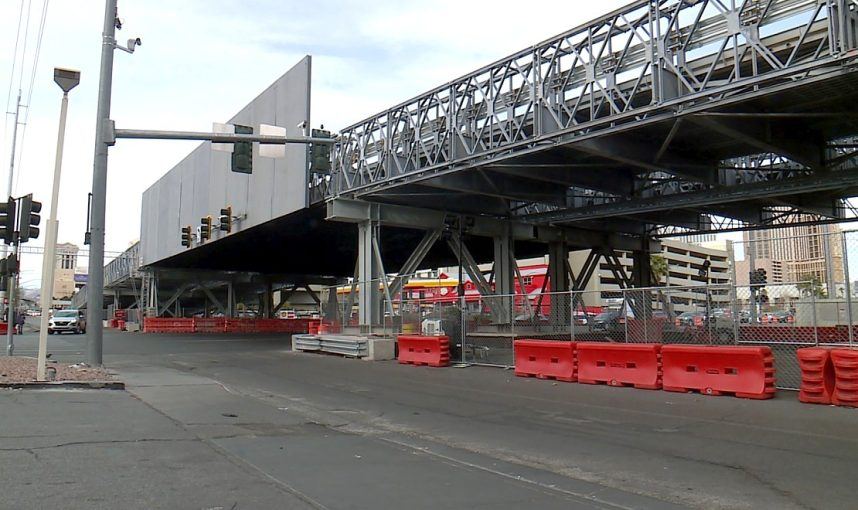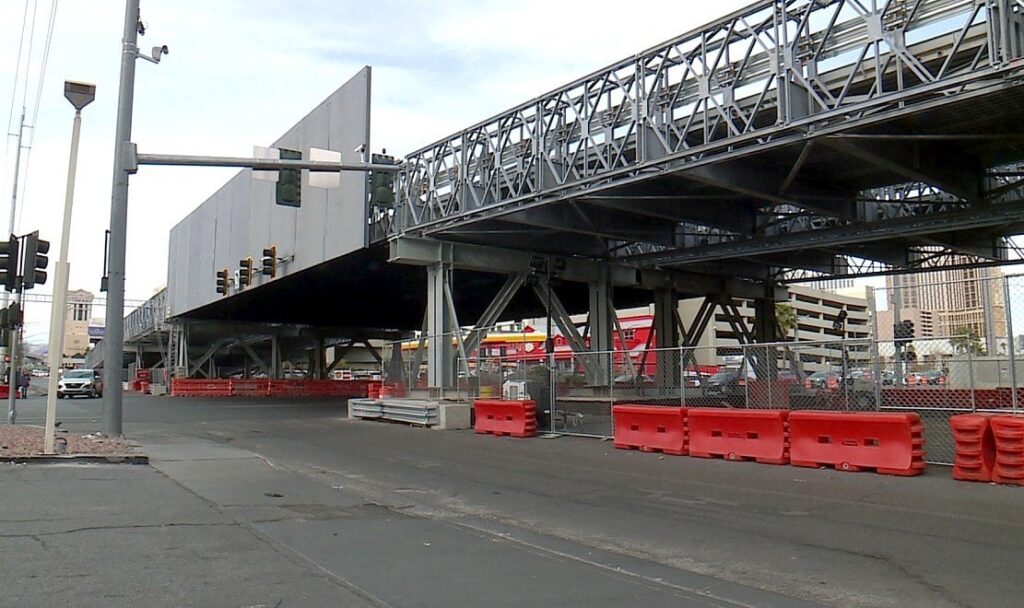Posted on: January 13, 2024, 01:02h.
Last updated on: January 13, 2024, 01:03h.
Small businesses this week urged the Las Vegas Convention and Visitors Authority (LVCVA) to compensate them for losses they say they experienced due to the inaugural F1 Las Vegas Grand Prix. Though reports say the race, held Nov. 16-18, delivered on its promise to pump $1.2 billion into the local economy, that money has not been evenly distributed.

During a public meeting with the LVCVA this week, local business advocate Lisa Mayo-DeRiso asked the organization to pay $23M to compensate a dozen owners of restaurants, gas stations, and other stores along the race circuit who claim near ruination from nine months of road closures, traffic diversions, and blocked entrances.
Some of those business owners told the Las Vegas Review-Journal that they had their own meetings scheduled with the LVCVA, as well as county and race officials, hoping to reach a satisfactory solution without resorting to a lawsuit.
“Who profited? A few hotels?” Gino Ferraro, owner of Ferraro’s Ristorante on Paradise Road, wrote in a letter to Clark County Commissioners two weeks ago. “How do we know what the ROI is with all the money that was spent to destroy the Strip, its surroundings, and ultimately, people’s lives?”
Ferraro said the race cost his business $2.5M in revenue and $500K in profits,
Bridge Over Troubled Intersection
Of particular concern is a supposedly temporary bridge built in October on Flamingo Road as it crosses Koval Lane. Initially meant to provide access to resorts and businesses encircled by the race circuit, it also reroutes traffic above establishments such as a Shell gas station and a grocery store, whose owner, Wade Bohn, claims to have lost $4 million in revenue from the detour.
That bridge still stands as Clark County Public Works studies its traffic flow before deciding whether to recommend building a more permanent version — though the county promises to dismantle it following the Super Bowl on Feb. 11.
Vroom for Improvement
“We do recognize some were disproportionately impacted by the construction required to put on an event of this magnitude,” LVCVA President and CEO Steve Hill said in a statement to the R-J: “We learned a lot going through the first year, and we have started discussion with businesses near the Flamingo-Koval intersection to understand their concerns. We will continue to work with them to find potential solutions and create opportunities so that future races are better for all involved.”
While guesting on a podcast on Friday, longtime Las Vegas journalist Andrew Kiraly wondered why the LVCVA alone was being asked to foot the bill.
“Why can’t F1 pay into that recovery fund?” Kiraly asked on CityCast Las Vegas. “Or why can’t the big four (casino companies) pay into that recovery fund? … Why couldn’t there be some sort of common-good cover charge for these huge spectacles that come in, chew up our infrastructure, and create massive headaches for working people? An anticipatory way to cover these impacts that we all feel.”




